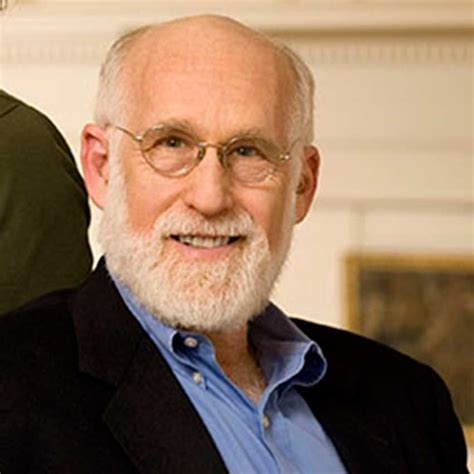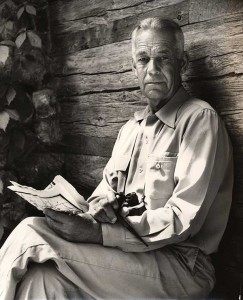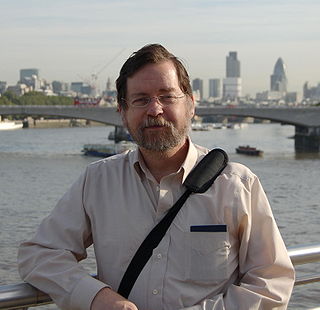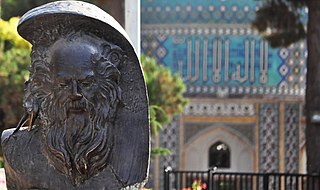A Quote by Jonathan Swift
I used to wonder how a man of birth and spirit could endure to be wholly insignificant and obscure in a foreign country, when he might live with lustre in his own.
Related Quotes
The first man . . . ventured to call food and nourishment the parts that had a little before bellowed and cried, moved and lived. How could his eyes endure the slaughter when throats were slit and hides flayed and limbs torn from limb? How could his nose endure the stench? How was it that the pollution did not turn away his taste, which made contact with the sores of others and sucked juices and serums from mortal wounds?
Once a man came to me - it was not too long ago - and said that he had given away much landed property and many goods for his own sake so that he might save his soul. Then I thought: 'How little and how insignificant is what you have let go of! It is blindness and foolishness for you to continue looking at all you've let go of. If, however, you've let go of yourself, then you've really let go.'
For most of us, karma and negative emotions obscure the ability to see our own intrinsic nature, and the nature of reality. As a result we clutch on to happiness and suffering as real, and in our unskillful and ignorant actions go on sowing the seeds of our next birth. Our actions keep us bound to the continuous cycle of worldly existence, to the endless round of birth and death. So everything is at risk in how we live now at this very moment: How we live now can cost us our entire future.
Man's birth is a lottery; it may be in the pleasant home of ease and affluence, or in the hut of poverty; in either case it may be a stain or an honor. If he is born in poverty, and his future life throws a lustre over an humble birth, the reward will not only be great, but his name will stand higher on the roll of honor and virtue, than he who can only boast of his proud descent.
Breathes there a man with soul so dead that it does not glow at the thought of what the men of his blood have done and suffered to make his country what it is? There is room, plenty of room, for proper pride of land and birth. What I inveigh against is a cursed spirit of intolerance, conceived in distrust and bred in ignorance, that makes the mental attitude perennially antagonistic, even bitterly antagonistic, to everything foreign, that subordinates everywhere the race to the nation, forgetting the higher claims of human brotherhood.
Man's history is woven into waterways, for not only did he live beside them, but he used them as highways for hunting, exploration, and trade. Water assured his welfare, its absence meant migration or death, its constancy nourished his spirit. A mountain, a desert, or a great forest might serve his need of strength, but water reflects his inner needs.
Plantinga has written a short, 5 page summary of his views on evolution and naturalism, and it’s lucid (for Plantinga) and goes straight to his main points. The workings of the man's mind sit there naked and exposed, and all the stripped gears and misaligned cogs and broken engines of his misperception are there for easy examination. Read it, and you'll wonder how a man so confused could have acquired such a high reputation; you might even think that philosophy has been Sokaled.
If a man could understand all the horror of the lives of ordinary people who are turning around in a circle of insignificant interests and insignificant aims, if he could understand what they are losing, he would understand that there can only be one thing that is serious for him - to escape from the general law, to be free. What can be serious for a man in prison who is condemned to death? Only one thing: How to save himself, how to escape: nothing else is serious.
If love could force my own thoughts over the edge of the world and out of time, then could I not see how even divine omnipotence might by the force of its own love be swayed down to the world? ...how it might, because it could know its own creatures only by compassion, put on mortal flesh, become a man, and walk among us, assume our nature and our fate, suffer our faults and our death?
A thousand for his love expired each day, And those who saw his face, in blank dismay Would rave and grieve and mourn their lives away- To die for love of that bewitching sight Was worth a hundred lives without his light. None could survive his absence patiently, None could endure this king's proximity- How strange it was that man could neither brook The presence nor the absence of his look!






































